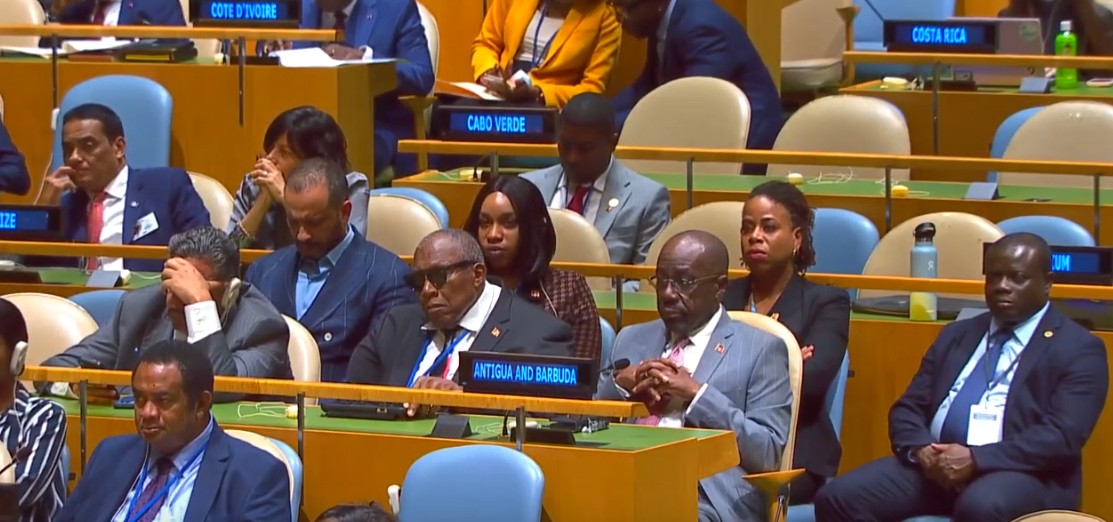Diplomats gathered at a United Nations conference in Busan, South Korea, were unable to reach an agreement on the world’s inaugural treaty intended to combat plastic pollution. The negotiations, viewed initially as a conclusive round of talks, will continue in the months ahead as delegates seek common ground on essential issues. Key among these is the contentious debate over whether the treaty should impose limits on plastic production, a point met with fierce opposition from major oil-producing nations.
Countries like Saudi Arabia, Russia, and Kuwait have opposed restricting plastic output, arguing that focus should be maintained on improving recycling methods and managing existing waste instead. “If we address plastic pollution, there should be no problem with producing plastics,” stated Abdulrahman Al Gwaiz, a Saudi delegate, emphasizing the pollution itself rather than the production of plastic as the core issue.
In contrast, Juliet Kabera from Rwanda, which advocates for comprehensive measures, highlighted the challenges posed by reluctance from a small number of countries to enact necessary changes. Kabera famously remarked, “Rwanda cannot accept a toothless treaty,” reflecting the frustration felt by many environmental advocates.
Calls from environmental organizations for a strong, enforceable treaty echoed throughout the conference. Earlier in the week, protesters demonstrated with a model of a sperm whale laden with plastic waste, showcasing slogans such as “Courage not compromise.” The urgency is underscored by alarming statistics: nearly half a billion tons of plastic is produced globally each year, doubling the output from two decades ago.
Images depicting plastic debris littering coastlines resonate strongly, fueling demands for a global treaty to mitigate plastic waste's impacts. As the conference concluded without resolution, delegates left without announcing the date or location for their next discussions, leaving the pathway to a potential agreement murky.
Countries like Saudi Arabia, Russia, and Kuwait have opposed restricting plastic output, arguing that focus should be maintained on improving recycling methods and managing existing waste instead. “If we address plastic pollution, there should be no problem with producing plastics,” stated Abdulrahman Al Gwaiz, a Saudi delegate, emphasizing the pollution itself rather than the production of plastic as the core issue.
In contrast, Juliet Kabera from Rwanda, which advocates for comprehensive measures, highlighted the challenges posed by reluctance from a small number of countries to enact necessary changes. Kabera famously remarked, “Rwanda cannot accept a toothless treaty,” reflecting the frustration felt by many environmental advocates.
Calls from environmental organizations for a strong, enforceable treaty echoed throughout the conference. Earlier in the week, protesters demonstrated with a model of a sperm whale laden with plastic waste, showcasing slogans such as “Courage not compromise.” The urgency is underscored by alarming statistics: nearly half a billion tons of plastic is produced globally each year, doubling the output from two decades ago.
Images depicting plastic debris littering coastlines resonate strongly, fueling demands for a global treaty to mitigate plastic waste's impacts. As the conference concluded without resolution, delegates left without announcing the date or location for their next discussions, leaving the pathway to a potential agreement murky.






















